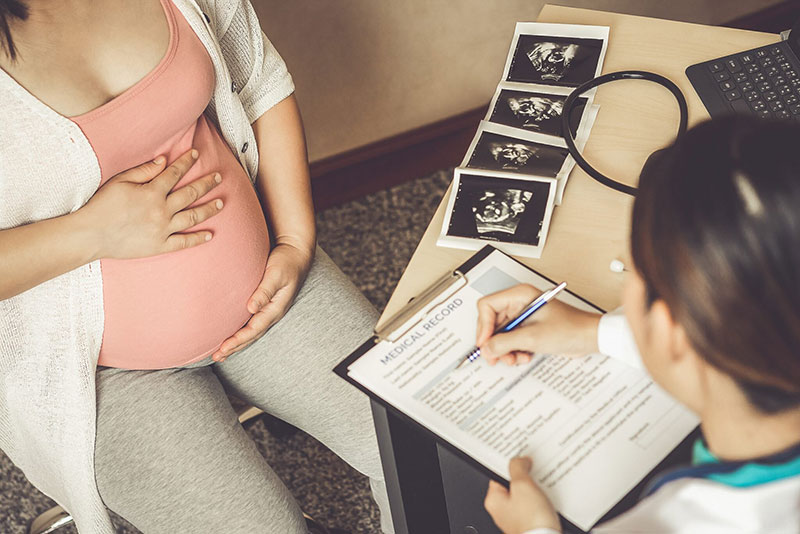Table of Content
Surrogacy laws in Colombia
Colombia lists itself among that rare group of countries that welcome everyone, irrespective of their sexual preferences, to form a family via surrogacy. Still, given that you intend to pursue your child-seeking goals in Colombia, having a thorough understanding of the Colombia surrogacy law is absolutely essential.
Is surrogacy legal in Colombia?

The legal justification for including surrogacy arrangements in this definition, on the other hand, is provided by the Constitutional Court’s Sentence T 968 of 2009. Therefore, we can conclude that Colombia surrogacy laws do not expressly forbid the execution of these types of agreements or agreements.
What intended parents should know about Surrogacy laws in Colombia?

Others are certain that this sort of conduct ought to be prohibited. According to the forum, there is no clear regulation of surrogacy in Colombia. Therefore, it’s not illegal. The laws in place today for surrogacy are the same as those that apply to normal birth. As a result, a child born through traditional surrogacy must be registered in the names of both the surrogate mother and the male donor.
The only way to prove a couple is legally parents is through paternity litigation, which genetic tests may be used to contest.
Key highlights of the Colombia surrogacy laws
- All single people, heterosexual couples, and couples of the same sex are welcome to participate in the process as long as there is a genetic connection to the child because discrimination is forbidden by surrogacy laws in Colombia
- The Colombian Constitutional Court acknowledged this in a landmark decision rendered in 2015, holding that the exclusion of same-sex parents as prospective adoptive parents limited children’s rights to have families and not be separated from them.
- International surrogacy is also covered by Article 100 of the Constitution, which guarantees foreigners in Colombia the same civil rights and protections as Colombian citizens.
- There is no pre-birth order procedure like there is in some US states, but there is a procedure to recognize the intended parents listed on the birth certificate as the child’s legal parents after the child is born.
The Constitutional Court’s Sentence T 968 of 2009 outlines the necessary requirements and conditions of a surrogacy program between intended parents and surrogate, which includes:
- Conceiving is physically difficult for the intended parents
- Only gestational surrogacy exists given that it facilitates the lack of a biological connection between the surrogate and the child
- The process of surrogacy is altruistic and not commercial
- The surrogate mother must satisfy a number of requirements, such as adulthood, physical and mental health, having children, etc. The surrogate mother must undergo relevant tests prior to, during, and after the procedure.
How can Become parents help you?
Our surrogacy and legal specialists at Become Parents are backed with years of experience in relation to surrogacy law in Colombia. So, we can say that there won’t be any legal obstacles in the way of your surrogacy journey in the country.
To learn more, get in touch with one of our coordinators today!

